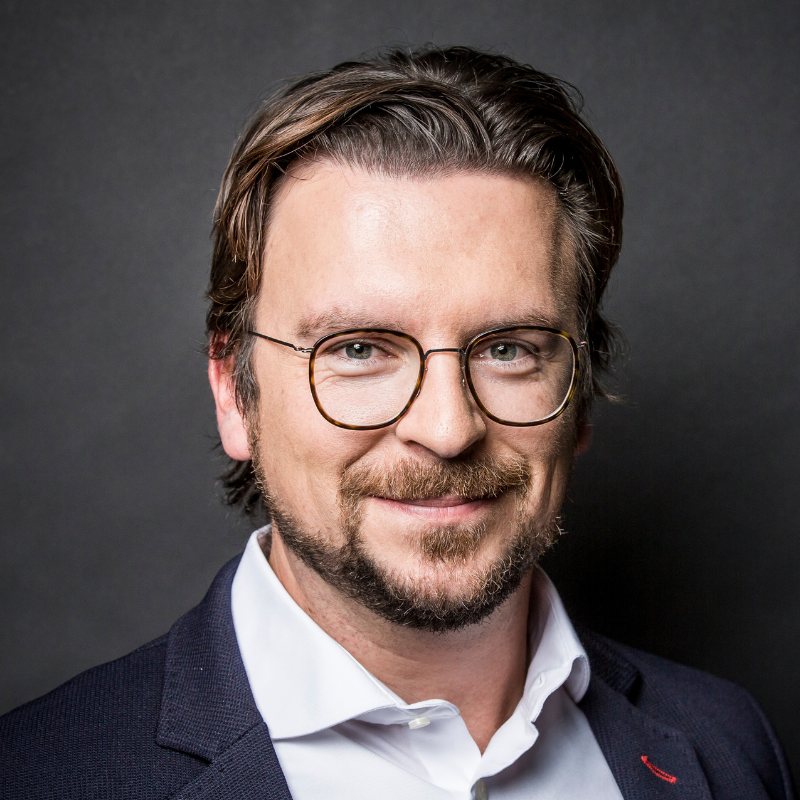Financial Services
The core functions of financial institutions – from capital optimization to risk management – will improve significantly with quantum technologies, enabling unconditional security from current and future cyber threats.
Transforming Mobility with Quantum Advantage
Revolutionizing capital optimization, risk modeling, and security through quantum innovation
Optimize Capital
Deliver exponential improvements in optimization, ranging from portfolio and balance sheet optimization to trade and payment routing.
Manage Risk
Predict market behaviors through machine learning models and explain the cascading effects of market and price movements through simulation.
Provide Security
Ensure security of data and communications with clients. Quantum communication and quantum-secure key distribution are the only way of protecting against cyber threats.
Our Impact
Discover how quantum technologies are reshaping financial services—from smarter portfolio strategies to enhanced cybersecurity and real-time market analysis.
- Portfolio Optimization: Using quantum technologies, we construct portfolios with risk-return parameters that are better than classical approaches.
- Market Trend Prediction: Our quantum machine learning solutions identify market trends with greater prediction accuracy and improved feature extraction, compared to classical machine learning approaches.
- Improved Derivatives Pricing: Our simulation solutions can exponentially reduce the time for complex simulation tasks, compared to methods such as Monte Carlo. This significantly enhances the speed and accuracy of derivatives pricing and risk analysis models.
- Currency Arbitrage: Using our state-of-the art optimization methods, we are able to identify pricing dislocations in the market that others are not able to identify or capture.
- Quantum Secure Internal Network: Using our Quantum Security protocols, we are able to secure the internal networks of global corporates, removing the vulnerability to classical- and quantum-powered cybersecurity threats.
Use Case: Collateral Management
Collateral management is a key area of focus for financial institutions because of market dynamics and the significant opportunity to minimize funding costs, improve liquidity and reduce operational costs.
Today, approximately $19 trillion is posted in collateral with about 80% met sub-optimally with cash. Terra Quantum showcased the advantage of our proprietary hybrid quantum computing approach in comparison to classical as well as best-in-class quantum algorithm approaches.
We delivered a 6-basis points – which relates to 0.06 % – improvement in optimality and reduced solution time to one tenth of that taken by other approaches. For example, a European bank that posts about €400 billion in collateral could generate a return of around €240 million through the funding efficiency improvement.

Driving Innovation in Quantum Technology
The team at Terra Quantum, guided by global leadership in AI and quantum computing, is advancing transformative applications across industries—from materials science to mobility.

Prof. Dr. Florian Neukart
Florian has built a reputation as high-tech leader and practitioner, and advisor in innovation and future tech. He is in the Board of Trustees of the International Foundation of Artificial Intelligence and Quantum Computing, a special advisor to the Quantum Strategy Institute, on Board of Advisors of the KI Park, a co- author of Germany’s National Roadmap for Quantum Computing, on the Advisory Board of Quantum.Tech, and was a member of the World Economic Forum’s Future Council on Quantum Computing.
Before joining Terra Quantum AG in 2021, he worked at Volkswagen Group in various positions for 11 years, assuming responsibility as Director for the Group’s innovation labs in Munich and San Francisco. Preceding his career at Volkswagen, he held various management and research positions in industry, academia, and consulting. Florian studied computer science, physics, and information technology, holding Master’s degrees and diplomas in these fields as well as a Ph.D. in computer science focusing on the intersection of artificial intelligence and quantum computing.
He pursues academic research and teaching, working as assistant professor at the Leiden Institute of Advanced Computer Science teaching quantum computing. He has written books on artificial intelligence and energy, edited a book on quantum computing, and published more than 90 articles on quantum computing and various other topics ranging from materials science to self-driving vehicles.